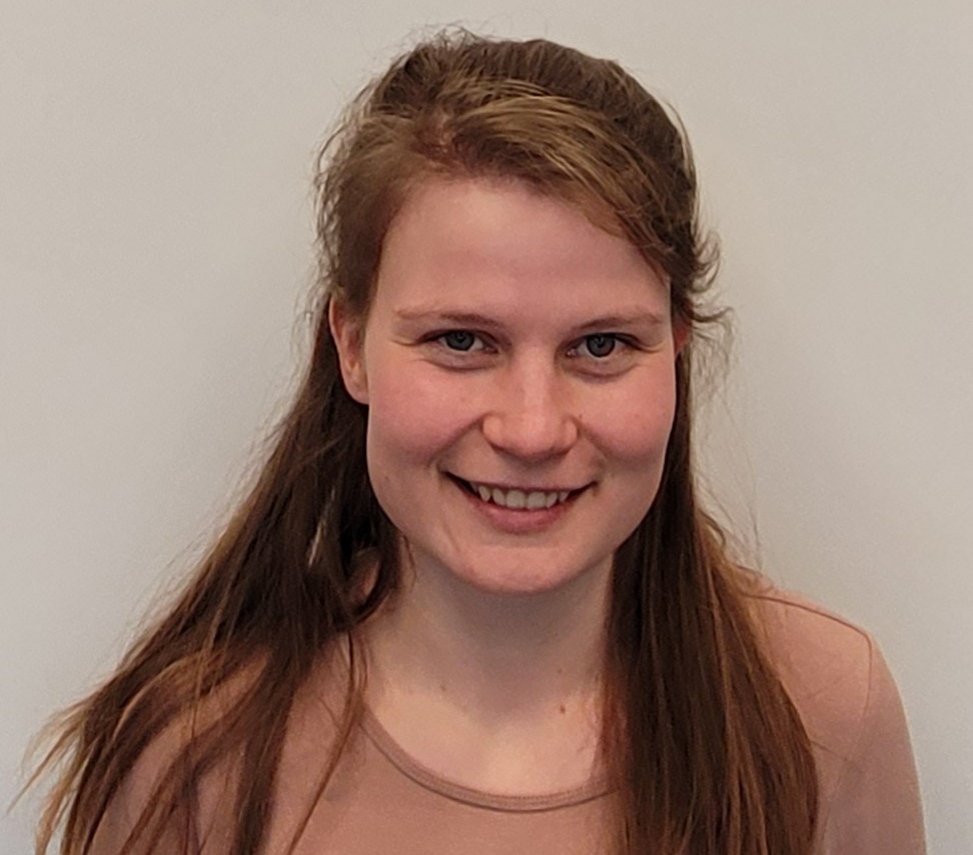Mathilde Sonne Søndergaard - Cross-academy PhD Scholarship 2023
Project summary:
The PAS domain of Kv11.1: Have we PASsed on a novel cardiac-safe therapeutic target in type 2 diabetes?
We hypothesize that the K+ channel Kv11.1, unrelated to its function of conducting K+, regulates insulin secretion in β cells and serves alternative functions in cardiomyocytes by interacting with proteins through its so-called PAS domain. To investigate this, we will combine unbiased proteomic and functional analyses in gene-edited β cells and cardiomyocytes with analysis of a human database.
Project Title
The PAS domain of Kv11.1: Have we PASsed on a novel cardiac-safe therapeutic target in type 2 diabetes?
Background
The K+ channel Kv11.1 is well-known for its role in cardiomyocyte repolarization, but has also been implicated in insulin secretion. Certain Kv11.1 loss-of-function mutations and Kv11.1 knockdown lead to insulin hypersecretion. However, pharmacological inhibition of Kv11.1 does not affect insulin secretion. This indicates that Kv11.1 regulates insulin secretion independent of conducting K+.
Aim
The overall objective is to clarify the role(s) of Kv11.1’s PAS domain, unrelated to channel conductance, in β cells and cardiomyocytes. Our specific aims are 1. identify binding partners of Kv11.1’s PAS domain in β cells and cardiomyocytes, 2. investigate if insulin secretion and relevant cardiac functions are regulated by the PAS domain, and 3. translate our findings to the human setting
Methods
To explore the functions of the Kv11.1 PAS domain, we will back-translate clinical findings into CRISPR Cas9 gene-edited murine and human cardiomyocyte and β cell lines and perform unbiased proteomic and interactome analyses, conduct targeted functional experiments in these cell lines, and further explore the link between cardiac and glycemic phenotypes in large human databases.
Preliminary results
Reanalysis of a study in patients with Kv11.1 loss-of-function mutations revealed that only patients with mutations in the PAS domain had dysregulated insulin secretion. As further proof of this concept, we have shown that pharmacological inhibition of Kv11.1 conductance does not affect insulin secretion, but reduction of channel (including PAS) expression at the plasma membrane does.

Mathilde Sonne Søndergaard
- MSc
- University of Copenhagen
Supervisor:
Thomas Mandrup-Poulsen, Professor, University of Copenhagen
Co-supervisor:
Alicia Lundby, Professor MSO, University of Copenhagen
Daily supervisor:
Anniek Frederike Lubberding, PostDoc, University of Copenhagen
Collaborators:
Dr. Scott Soleimanpour, Dr. Palaniappan Sethu, Dr. Atul S. Deshmukh, Dr. Sebastian Barg, Dr. Morten S. S. Olesen, and Assoc. Prof. Jørgen Kanters, MD.